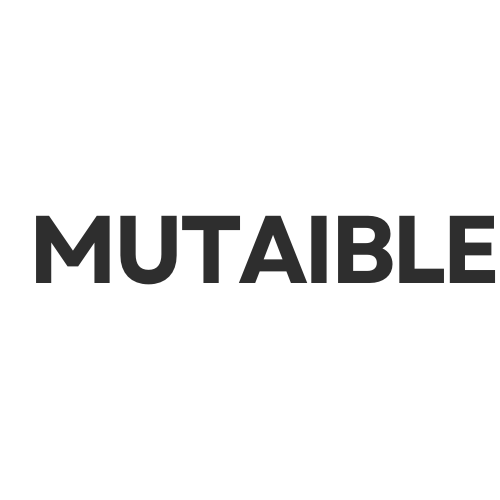Creators and Publishers: Beware of Content Aggregators or Resellers
Aug 29, 2024
Discover how content aggregators and resellers can impact content creators and publishers. Learn strategies to protect your original content and maintain control in a digital world dominated by generative AI and AI automation.
How Are Content Aggregators or Resellers Gutting the Value of Your AI Licensing Deals
Content creators and publishers are increasingly engaging in licensing deals to ensure their work is used ethically and fairly. However, content aggregation and reselling practices are undermining these efforts, gutting the value of your AI licensing deals and threatening the sustainability of the entire AI ecosystem.
Erosion of Value for Original Creators
When content is aggregated or resold, the original creators often see little to no additional compensation beyond the initial licensing agreement. Aggregators bundle vast amounts of content and resell it, often at a steep discount, without sharing profits with the creators. This practice dilutes the value of the content and devalues the work of those who created it. For example, a photographer licenses a collection of images to an AI company for model training. Later, these images are resold by a third-party aggregator, bundled with thousands of others, without any further payment to the photographer. Despite their continued use, the photographer sees no additional revenue.
Loss of Control and Attribution
Content aggregation frequently strips away the context and attribution that should accompany each piece of work. When content is resold or aggregated into large datasets, it becomes nearly impossible to track which creators’ work is being used and how it is being utilized. For example, an author licenses their articles to an AI company with specific usage terms. Later, those articles are included in a vast, anonymized dataset resold to other companies. The author loses all control over how their content is used, with no way to enforce their original licensing terms.
Undermining the Purpose of Licensing
The core purpose of AI licensing deals is to ensure that creators are compensated fairly and that there are clear terms for how content can be used. Content reselling and aggregation bypass these terms, allowing third parties to profit from the content without adhering to the original agreement’s stipulations. For example, a musician licenses their music to an AI company for specific uses, such as in non-commercial research. However, an aggregator resells this music to companies that use it in commercial advertising, directly violating the original terms of the license. The musician, unaware of this, loses both control and potential revenue.
Diminishing the Market for Licensed Content
Content aggregation and reselling saturate the market, reducing demand for new, original content. Companies might opt for cheaper, aggregated content rather than negotiating directly with creators for fresh, high-quality material, stifling opportunities for new licensing deals. For example, a digital artist licenses their work to an AI company. If that work is then resold as part of a larger, aggregated dataset, other companies may choose to purchase the cheaper, aggregated content instead of paying the artist directly for new work, leading to fewer opportunities for the artist.
Why Content Creators and Publishers Must Regain Control
For the AI ecosystem to remain sustainable, it’s crucial that content creators and publishers retain control over their work. Without this control, the value of original content is eroded, creators are deprived of fair compensation, and the quality of data used to train AI models declines, leading to less effective AI outcomes.
Here are Critical Components to Chart a Path to a Sustainable Solution
Leverage Technology for Tracking: Develop and deploy technologies that allows tracking the access and use of content across different AI platforms. These tools can help ensure that creators themselves are aware of the use of their content and get compensated as they decide.
Demand Immutable Transparent Reporting: AI companies access to content must be implicitly immutable and there should be providing transparent reports on which and how licensed content is being used. This includes disclosure of any third-party reselling or aggregation.
Keep Control With Creators: The control of access and use of the content should always reside with creators or publishers. This must be technically enforceable through agreements between the multiple parties involved every time content is accessed and used.
Content reselling and aggregation practices are gutting the value of AI licensing deals, undermining the purpose of fair compensation and control for content creators and publishers. To build a sustainable AI ecosystem, it’s essential that creators regain control over their work. Content creators must protect their work and ensure they are fairly compensated in the AI-driven world. The future of AI depends on it.




